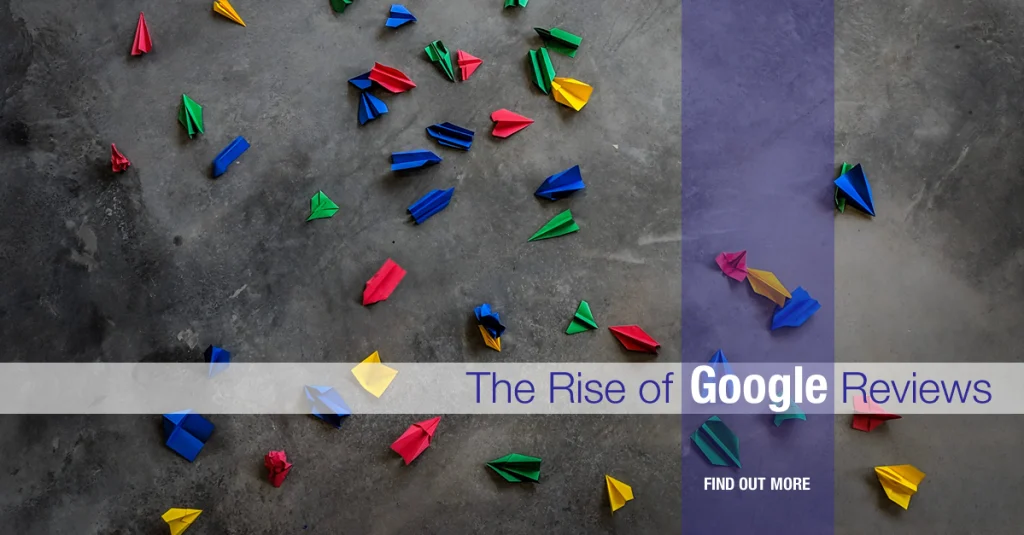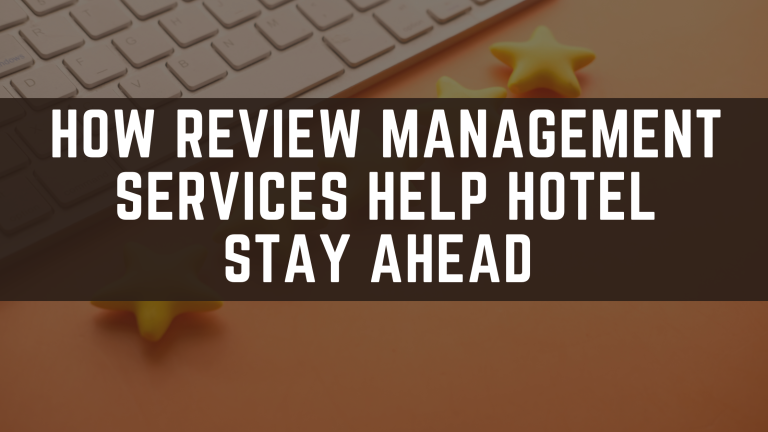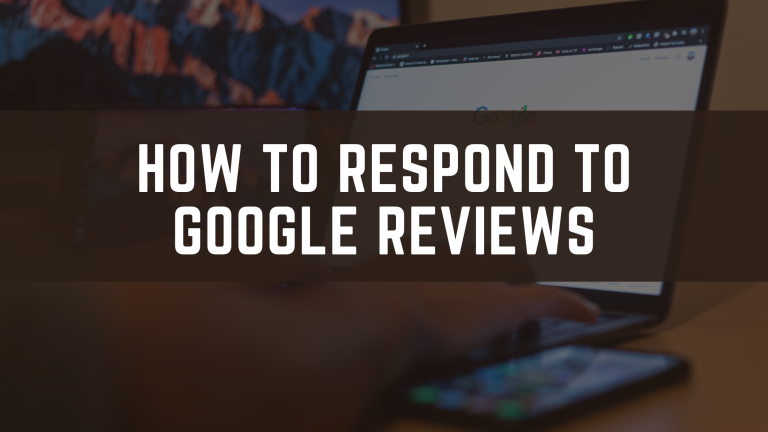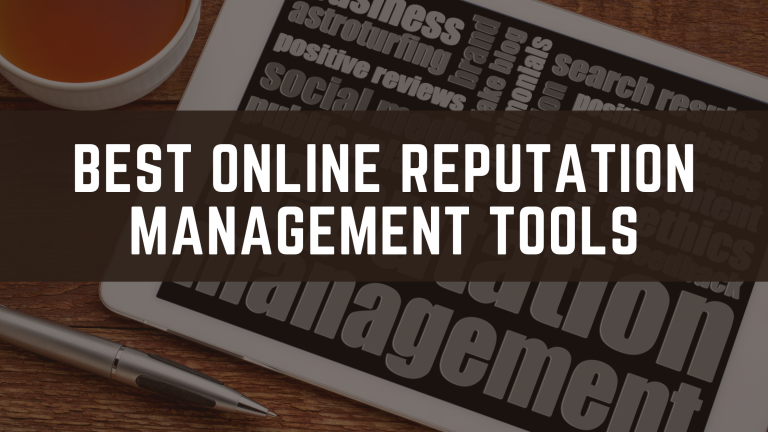For almost two decades, TripAdvisor has dominated the world of online travel reviews, but slowly and quietly, Google has been making its move.
In 2016, the world took notice when Google’s local business review volume skyrocketed up 278% over the previous year, TripAdvisor’s only grew 82% over this same period. The trend continued in 2017, when Google customer reviews increased another 200% above their 2016 levels, accounting for 70% of the net growth across review sites.
As online reviews are not new to Google, and been included on listings such as Google Maps since 2007, many were left wondering what caused this recent meteoric rise?
Leading Factors in the Growth of Google Customer Reviews
This most recent growth can be attributed to several factors. One of them is Google’s size as they have over 2 billion monthly users versus TripAdvisor’s 390 million or Expedia’s 144 million. Another is their incentive program as “Local Guides” earn points and badges in exchange for leaving Google customer reviews on the businesses that they visit, which can be redeemed for early access to new Google features or special perks from Google partners.
However, the truth of the matter is that Google has leveraged mobile reviews better than online travel sites due to several factors:
- No Common Barriers: There are over 1 billion monthly GMail users, and Google states that 75% access their account from their smartphone. Since these users already have an existing account, often already logged in on their phone, this eliminates many of the common barriers that prevent guests from leaving reviews, such as downloading apps or creating a new login.
- No Minimum Length Requirements: Unlike TripAdvisor and Yelp, Google customer reviews do not require a minimum number of characters. Guests can write as much (up to 4,000 characters) or as little as they would like, or they can simply share their feedback by rating the business 1-5 stars.
- GPS Triggered Review Requests: Perhaps Google’s most successful tactic in growing user-generated content was a move they made in 2016, the same year their review volume increased by 278%. They leveraged their partnership with Android, whose users account for 52% of all smartphone users in the US. As both Google and Google Maps are native to Android phones, Google is able to use GPS technology to trigger location-based notifications, asking users to answer questions, share photos, and write reviews about the businesses they visit.
Why Google Customer Reviews Matter to Hoteliers
While TripAdvisor is still considered to be the gold standard of online travel review sites, your guests’ perception is made up of all the information they observe about your hotel. With Google searches making up 75% of all online searches in the US, it is likely that whether researching where to stay or looking up your phone number, shoppers will at some point Google your business during their booking process.
Hoteliers need to be aware that star ratings are prominently featured on all Google business listings, including local three-pack and map search results, making it more and more likely that shoppers will see your Google ratings, often before visiting any other travel site. 58% of consumers say that the star rating is the factor they pay the most attention to when judging a business online.
With that insight, it is important to recognize that the first impression made on Google can determine if a potential guest clicks through to learn more about your hotel, or writes you off, regardless of how stellar your TripAdvisor ratings are.
Your Next Steps
Despite the clear benefits that come from encouraging and responding to Google customer reviews, only 20% of hotels engage on a regular basis. While TripAdvisor will continue to be a travel planning powerhouse and deserves your attention, savvy hoteliers know that Google will continue to innovate and influence travel purchasing behavior.
Most recently, Google has begun to aggregate reviews from other sites, including TripAdvisor, Expedia, and Priceline, to act as a one-stop-shop for travel research. Though users can filter by company and rating, guests will first see reviews from all sites, as well as the cumulative star rating. Having all reviews showcased side by side makes it more important than ever to embrace a well-rounded reputation management strategy involving all channels to enhance your hotel’s online reputation.
At The Reputation Lab, we work with hotels and restaurants to facilitate a reputation management strategy aimed at increasing online visibility, engaging your customers, and converting more shoppers to future guests and revenue producers. If you are interested in learning how a reputation management strategy can benefit your business, we invite you to email us via our secure contact form to set up a no pressure consultation or call us at 855-979-6800.




